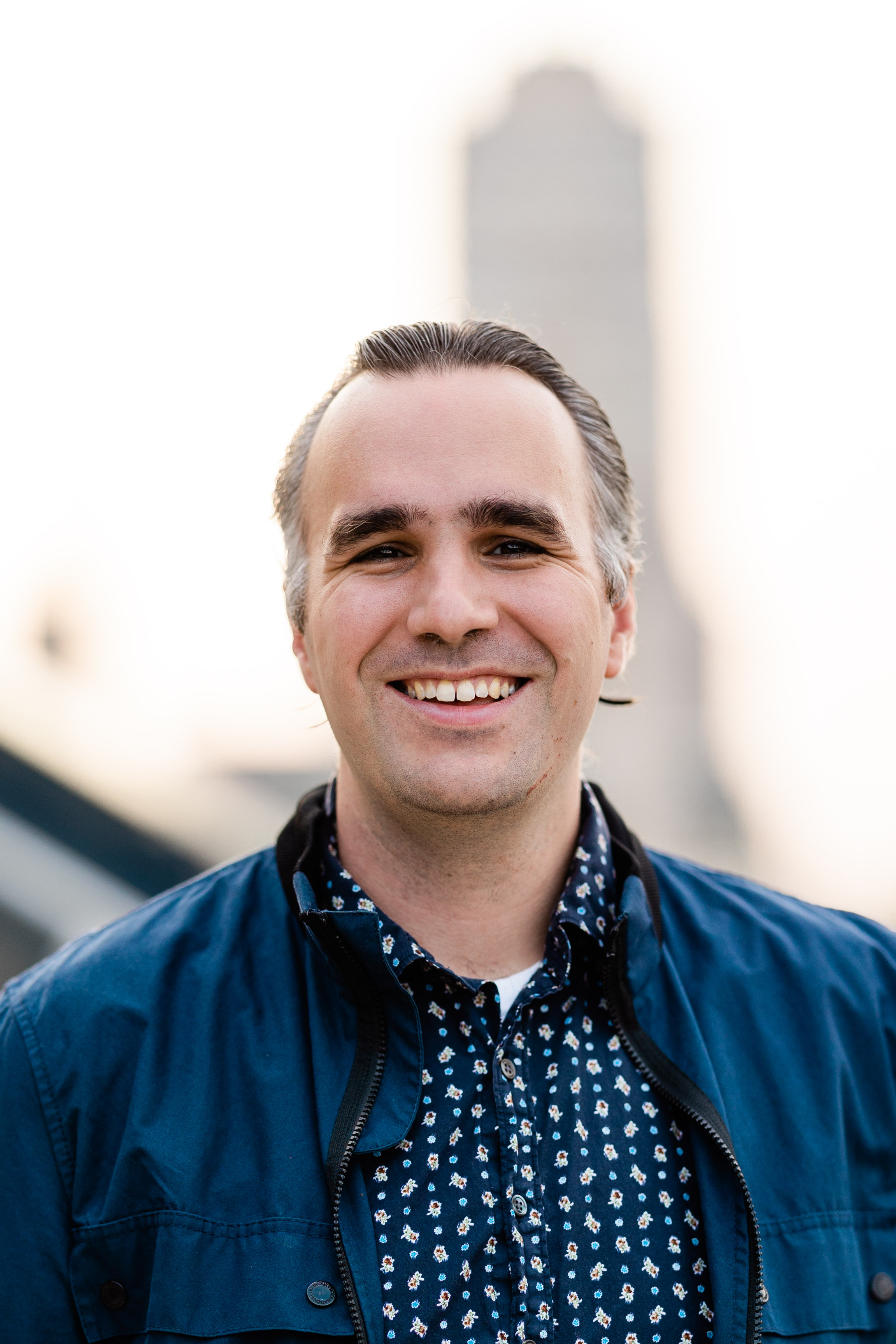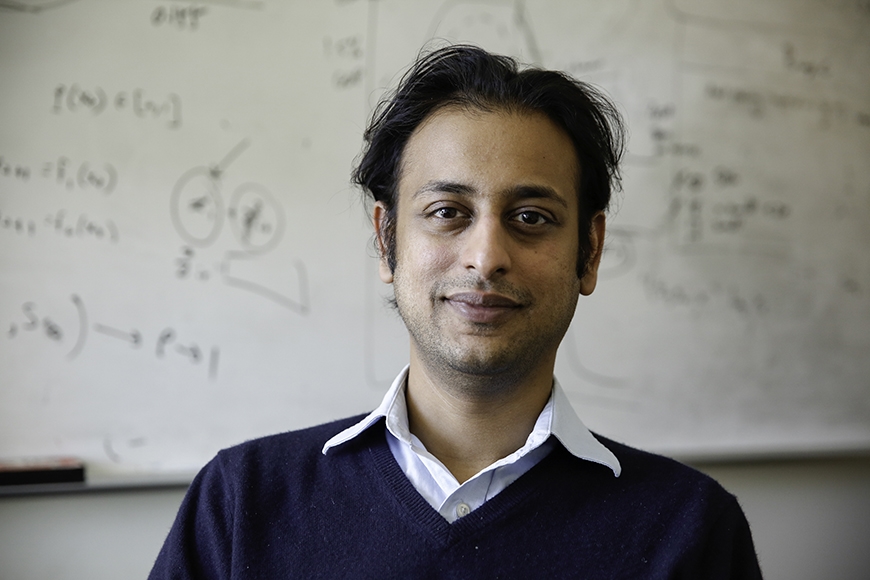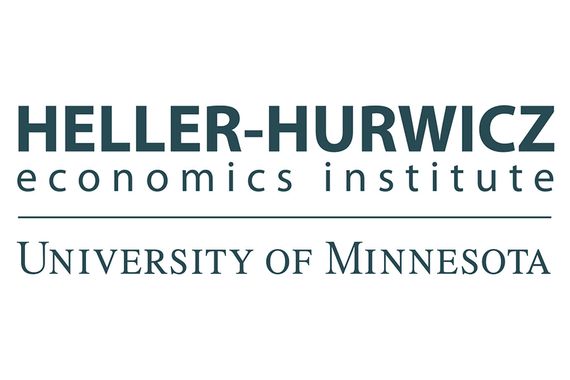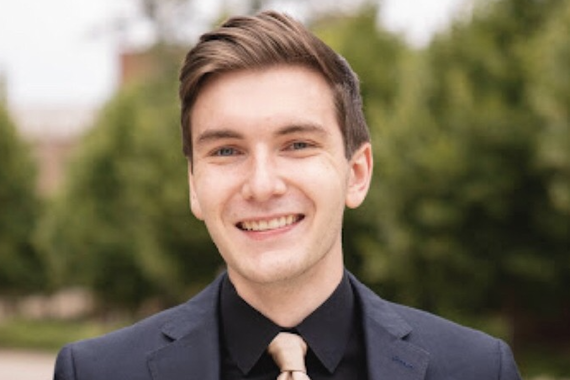Training the Next Generation of Economics Researchers
At its core, the Minnesota Economics PhD program focuses on preparing students for successful careers as research economists. With our emphasis on economic analysis grounded firmly in economic theory, we aim to develop the analytical and creative thinking skills to push the frontier of economic understanding.

This “brand” is part of what brought doctoral student Thomas May to Minnesota. Though he had offers to attend other universities, the strong reputation of the department and the opportunity to work alongside renowned faculty at Minnesota were the ultimate deciding factors.
May came to the University of Minnesota with two years of experience as a research assistant at the Federal Reserve Board in Washington, DC. Prior to that, he earned both bachelor’s and master’s degrees in mathematics from Virginia Tech. “I chose Minnesota because of its reputation for pushing the frontier in macroeconomic research and the breadth of opportunities to gain experience as a research assistant early in the Phd program," he shared.
Along with rigorous coursework and teaching experience, a central part of the Minnesota PhD program is hands-on research experience. By working alongside professors, graduate students learn through a sort of apprenticeship. Over time, they gain experience in how an initial research question can evolve, how the technical approach may need to change based on limitations of data available, and how to incorporate feedback from colleagues, for example.
This year, May is working alongside Professor Anmol Bhandari, as the inaugural recipients of the Cheit Award. The award supports their research program examining the nature of entrepreneurship. In fact, May has served as research assistant since 2019 on the IRS Joint Statistical Research Project led by professors Bhandari and Ellen McGrattan. Using U.S. administrative data from the Internal Revenue Service and Social Security Administration, the project studies different aspects of the firm in novel ways, reconsidering the impacts of business taxation on entrepreneurship, innovation, investment, and tax compliance.

“I have benefitted from the chance to work alongside both Anmol and Ellen, seeing how they approach questions differently and work together to solve problems. It has also been extremely helpful to be part of their research team for three years, giving me the chance to dive deeper into the data and project,” shares May.
New research award in memory of alumnus Earl Cheit
Fostering this mentor-mentee dynamic is exactly what inspired donor June Cheit to establish the Cheit Research Award, in memory of her husband and Minnesota alumnus Earl Cheit. Throughout his career, Earl served in numerous leadership roles including executive vice chancellor of the University of California, Berkeley, and dean at the Haas School of Business. The son of Russian immigrants, he was born in Minneapolis, raised in North Dakota, and became the first in his family to attend college. At the University of Minnesota, Earl earned his bachelor of science, J.D. from the law school, and a Ph.D. in economics – not to mention meeting his future wife June.
Both May and Bhandari expressed their gratitude for receiving the Cheit Research Award. “It was quite a surprise and a real honor,” said May. “I am thankful for this generous support and the opportunity to truly focus on research during my last year of graduate studies.”
Beyond working together on faculty-led research, graduate students like May are also developing their own independent lines of research. This often focuses on dissertations, but can also lay the groundwork for many future research projects and publications. Often, it also fosters future collaborations with co-authors – including fellow graduate students at Minnesota or faculty at other universities.
Finally, students gain the invaluable experience of working together on a team. Professors Bhandari and McGrattan also include undergraduate research assistants on their team, giving graduate students like May the opportunity to serve as mentors for younger researchers. This is the real “magic” of the Heller-Hurwicz research program. Faculty, graduate students, and undergraduates all benefit and ultimately produce new and exciting research.
As May looks to spring, including defending his dissertation and earning his PhD, he is currently on the job market interviewing for academic positions. With his breadth of experience, and thanks to support of Heller-Hurwicz funding and donors like June Cheit, we have no doubt he will secure an excellent position and continue to share the Minnesota Economics brand with his future students.


